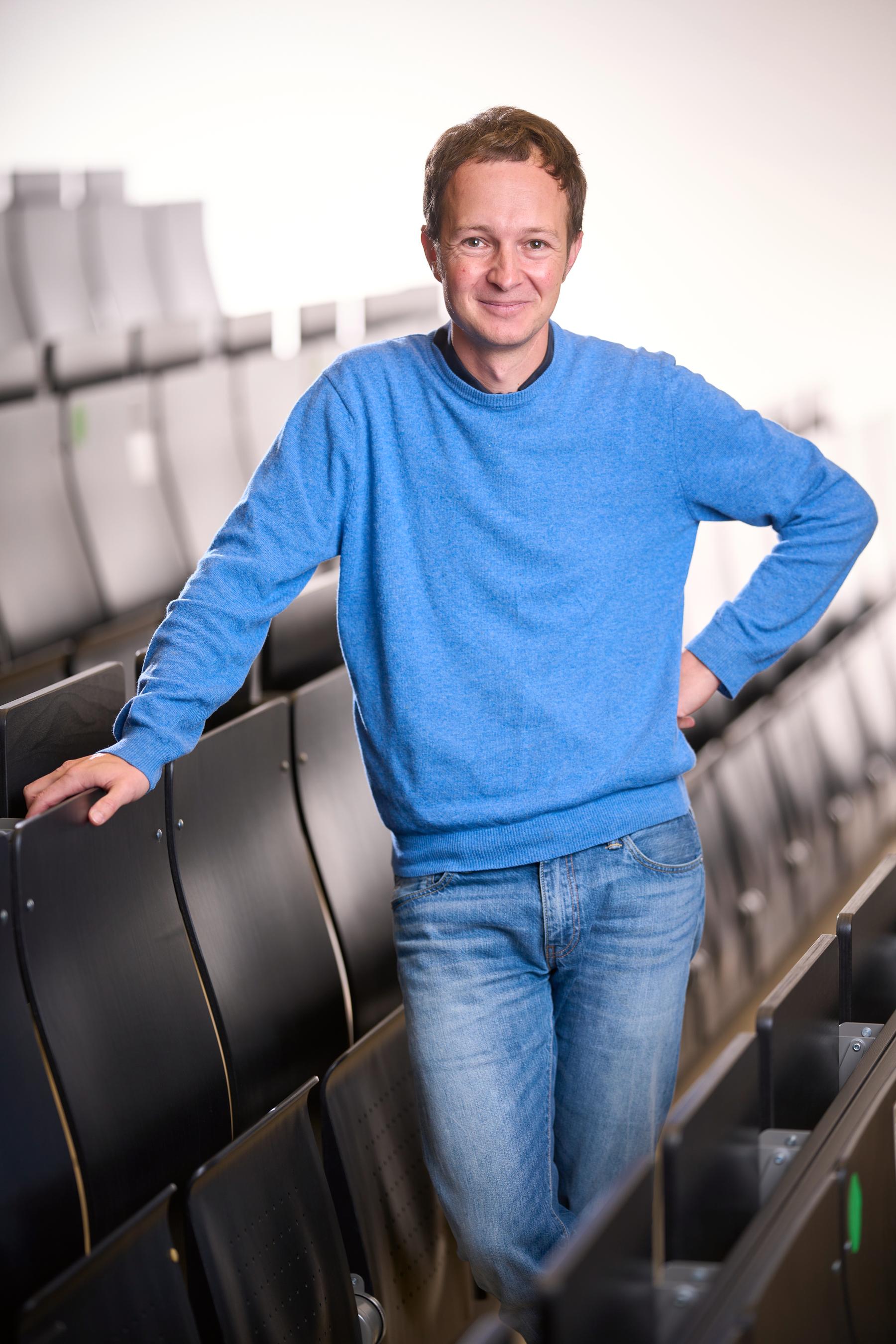Gregor-Alexander Pilz’s research focus is the structural and functional plasticity in the hippocampus that is taking place through the generation and network integration of adult-born neurons (adult neuro
genesis). These neurons contribute to the function of the hippocampus in certain forms of learning and memory. “This plasticity through adult neurogenesis in the hippocampus potentially accounts for a higher vulnerability of this brain region – exemplified by alterations in neurogenesis observed in multiple neurodegenerative diseases,” explains Pilz, “For example, the blood-brain-barrier (BBB) in the hippocampus is affected at early stages of Alzheimer’s disease – which in turn can alter adult neurogenesis and influence network function.”
The work of his group will uncover the cellular alterations within the neurovascular niche of the dentate gyrus in neurodegeneration (Alzheimer’s Disease) and how this changes adult neurogenesis on a cellular and lineage level. Further, they will investigate through in vivo imaging how network activity in the DG – CA3 circuit of the hippocampus is affected in respective animal models performing a spatial memory task with special emphasis on network contribution of adult born neurons.
His main reason for accepting his nomination for the SyNergy Early Excellence Academy is the integrative and systems approach that SyNergy takes towards neurological diseases. “Addressing this in the so-called Tandem Projects seems to be most rewarding considering the high complexity of neurodegenerative diseases – this approach holds the promise for new innovative paths from different perspectives towards a better understanding of pathology.” Of course, it is not only SyNergy’s approach itself, but the possibility to collaborate and exchange ideas with members from varying disciplines also opens up new avenues for his own research. “Both the mentoring opportunity from a SyNergy Principal Investigator as well as access to technology hubs are extremely helpful for scientists at this stage of early independence,” concludes Pilz.
